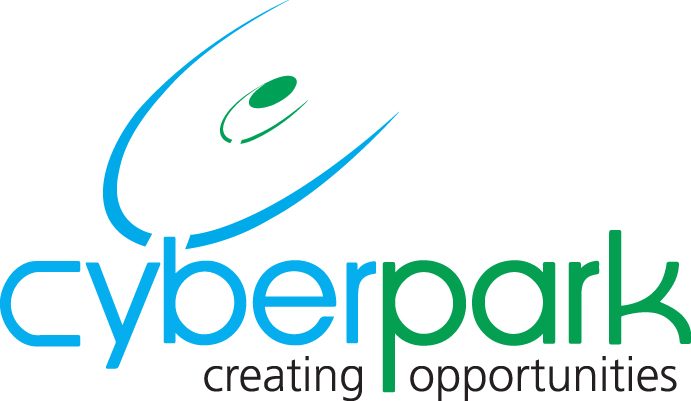Blockchain’s Silent Blitz In Kerala
Kochi’s Maker Village has had a few reasons to be in an upbeat mood from early 2017 onwards. For the uninitiated, Maker Village is an electronics incubator that promotes the development of innovative consumer electronics by focusing on emerging technologies of a disruptive nature. When the buzz around Blockchain swept the globe, Maker Village realised the immense potential of this new technology. Whether governments around the world like it or not, Blockchain is the necessary link for developing IoT-based, machine-to-machine payment solutions. As word spread among the IT community in Kerala, Indian Institute of Information Technology and Management-Kerala (IIITM-K), one of the stakeholders of Maker Village project, got wind of the trend and set the ball rolling.
Soon enough, Kerala became the second state in the country (after Karnataka) to get its own Blockchain Academy in 2017. IIITM-K set up the unique Kerala Blockchain Academy (KBA) in association with the international learning and business development platform, Blockchain Education Network (BEN), to spearhead research, innovation, and impart technical consultancy.
Blockchain: the most promising innovation since the Internet
Known as the backbone technology behind Bitcoin, and all cryptocurrencies, Blockchain has the potential to make processes more democratic, secure, transparent, and efficient. This is going to transform multiple industries and governance. In Blockchain, the history of all transactions is stored as ‘blocks’ and distributed across decentralised peer-to-peer networks. After validating transactions, all blocks are linked from the beginning of the chain to the most recent. This is Blockchain, in short.
Banking, healthcare, and governance are the three major avenues where this technology’s impact will be deeply felt, and it will also open up new avenues in both the software and hardware sectors.
According to experts, Maker Village can leverage this technology to great effect as Blockchain not only provides a tamper-proof data storage system but also facilitates distributed computing and Internet of Things (IoT) devices.
Challenges to Overcome
According to a recent survey by Deloitte, organisations keen on using Blockchain faced more challenges in the adoption phase than in the implementation phase.
It classified the challenges broadly under the following six major areas:
Lack of internal awareness

Identification of business case and business partners

Selection of vendor/platform

Partner on-boarding

Development environment and security related issues

Integration

On deep dive into each of the areas, it was discovered that the challenges related to adoption and using case identification were the most difficult to surmount. It is in this context that one should look at the trailblazing initiative of IIITM-K in setting up the Kerala Blockchain Academy (KBA). On its part, KBA has partnered with organisations from academia and industry for collaborative efforts on creating awareness on this technology. The academy has also recently signed a MoU with UST Global for recruiting and training Blockchain aspirants.
Welcome the Disruptor!
According to a study by the World Economic Forum, banks and regulators around the world are still in the prototyping phase with Blockchain. Most of the global central banks are seriously considering this technology, and 80% of the banks are planning to initiate projects in Blockchain and its distributed ledger technology (DLT).
With Blockchain well on its course to become the new normal in the world of financial services, IIITM-K is keeping a close watch on the potential Blockchain use cases. This can positively disrupt traditional business models. Moreover, with the full digitisation of Kerala, huge volumes of data are being generated every day. This is where the state will fully leverage this technology’s inherent advantages to execute transactions quicker, ensure cost efficient operations, and provide transparency to its citizens, for an enhanced customer experience.



 Space Enquiries
Space Enquiries
